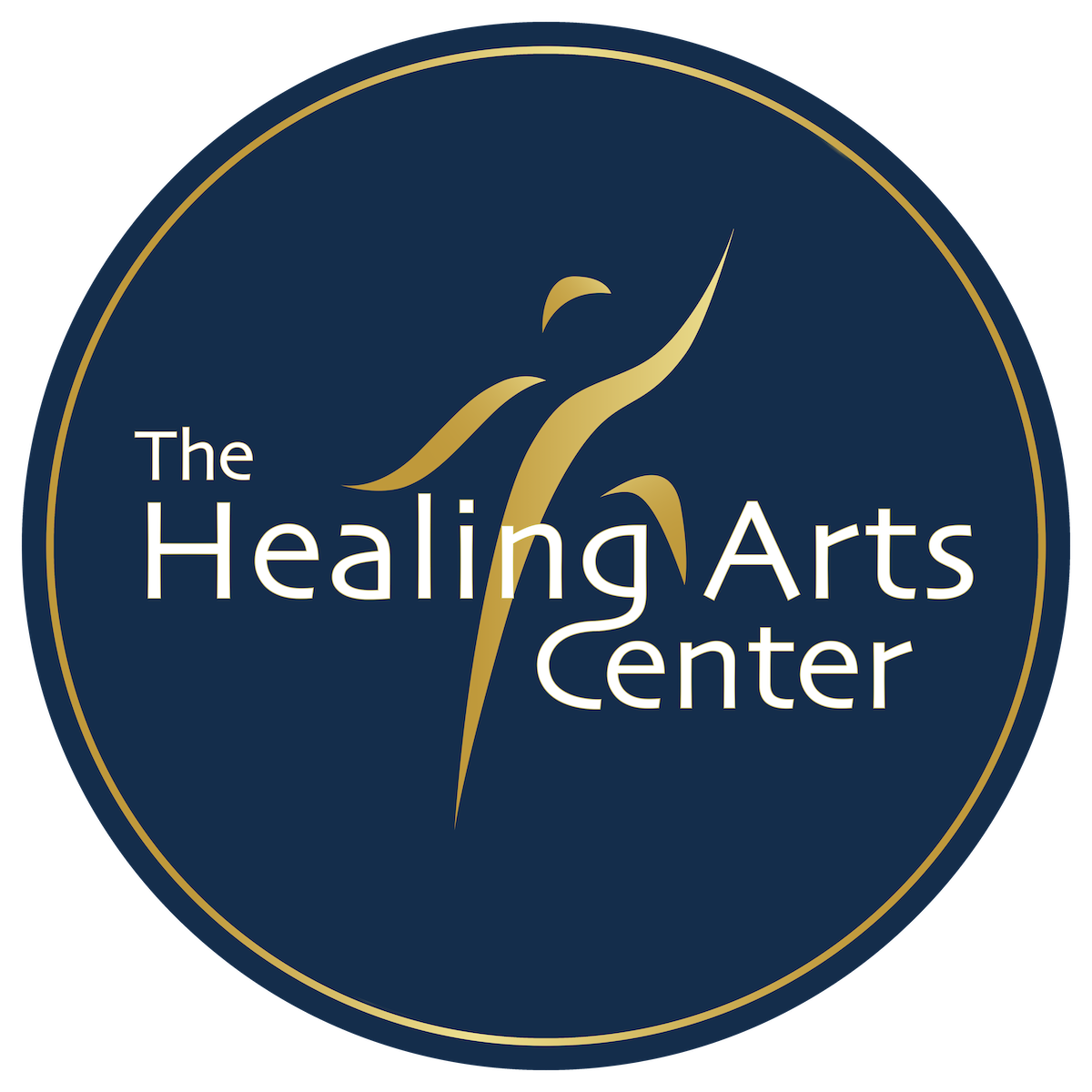
Stress, Anxiety and Depression
Even before the pandemic reshaped our reality the majority of us were already experiencing great degrees of burnout from stress, anxiety and depression. There’s no one solution to magically make it all go away but mounting evidence shows Acupuncture, Chinese Herbal Medicine and other integrative techniques can be key components to a comprehensive approach to dealing with all life throws at you.
Most patients find the calming nature of Acupuncture and the bonus half hour nap that comes with a typical treatment to be tremendously relaxing. The research shows Acupuncture and many Chinese herbs to be effective at modulating the body’s stress hormones, improving overall emotional outlook, promoting better sleep and positively effecting brain chemistry.
“When the body is under stress, an area of the brain called the hypothalamus releases neurochemicals, and research shows that acupuncture can calm this response.”
Acupuncture has been shown to:
Reduce anxiety and panic by modulating cortisol and reducing the fight or flight response
Relieve the physical manifestations of stress including sensations of panic, a lump in the throat or stomach, GI distress, elevated heart rate
Reduce insomnia and promote better rest
Decrease intense mood fluctuations
Increase the release of endorphins helping to regulate physical and emotional stress responses such as pain, heart rate, blood pressure and digestive function.
In some studies has reduced levels of depression on par with anti-depressant medications particularly in patients after health events such as stroke
Decrease incidence of postpartum depression

Start Your Journey
to a Healthy Mind
Research
Smith CA, Armour M, Lee MS, Wang LQ, Hay PJ. Acupuncture for depression. Cochrane Database Syst Rev. 2018 Mar 4;3(3)
“evidence suggesting that acupuncture is highly beneficial in reducing the severity of depression by end of treatment
Schroeder S, Burnis J et al. Effectiveness of Acupuncture Therapy on Stress in a Large Urban College Population. J Acupunct Meridian Stud. 2017 Jun;10(3):165-170
"This study indicates that acupuncture may be successful in decreasing the perception of stress in students and staff at a large urban university, and this effect persists for at least 3 months after the completion of treatment."
Zhao FY, Fu QQ et al. Acupuncture: A Promising Approach for Comorbid Depression and Insomnia in Perimenopause. Nat Sci Sleep. 2021 Oct 12;13:1823-1863
“Our review demonstrates that acupuncture has a positive and broad effect on PMI and PMD, being beneficial on mood, sleep, and vasomotor symptoms…from regulation of reproductive hormones and neurotransmitters, and inhibitions in oxidative stress…acupuncture could be an adjunct therapy or viable and safe option for women with comorbid depression and insomnia during perimenopause.”
Buchanan TM et al. Reducing Anxiety and Improving Engagement in Health Care Providers Through an Auricular Acupuncture Intervention. Dimens Crit Care Nurs. 2018 Mar/Apr;37(2):87-96
“Engagement has been linked to increased productivity and well-being and improved patient and organizational outcomes. Providing effective strategies such as auricular acupuncture to support health care providers in reducing anxiety in the workplace may improve engagement.”

